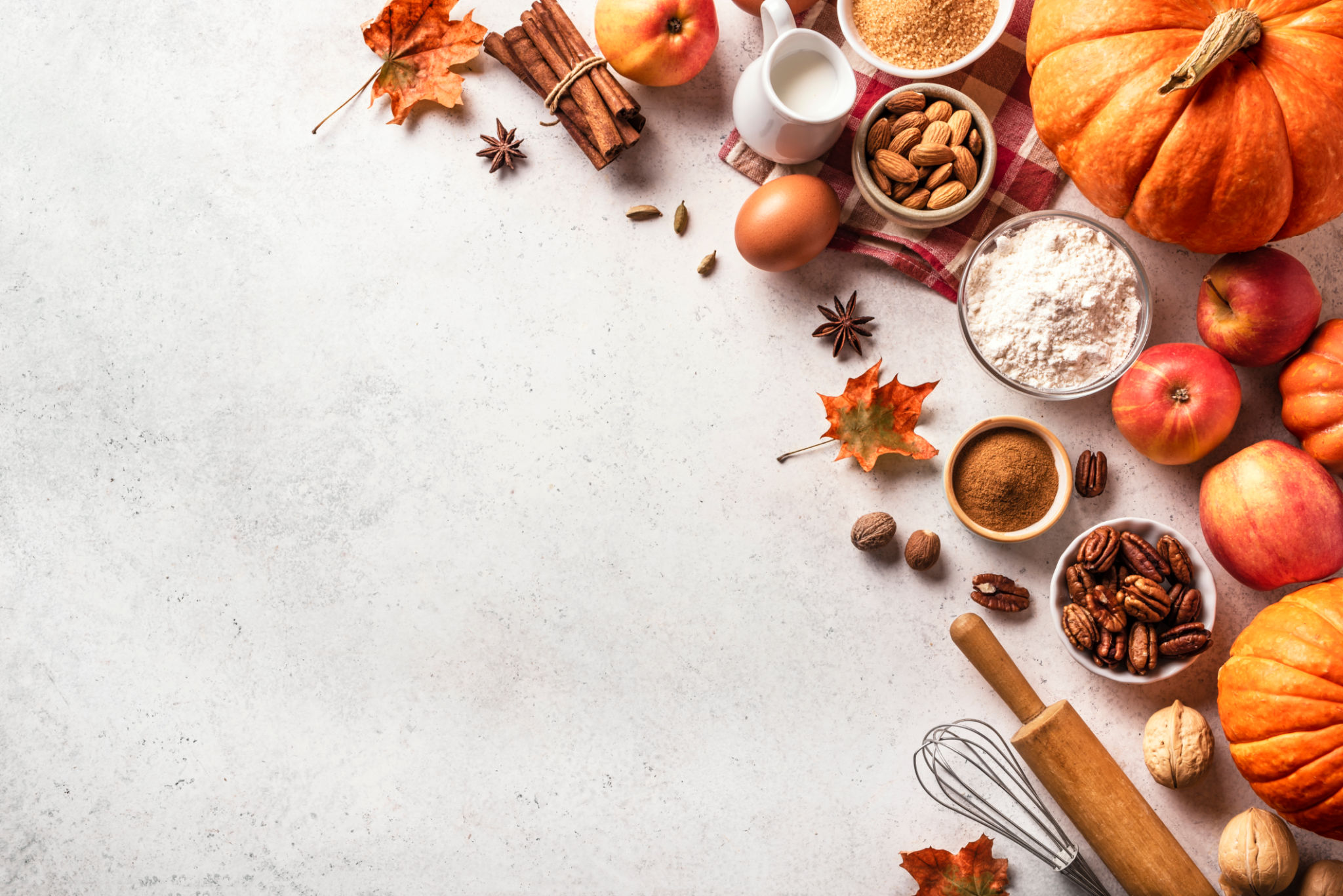Top 5 Halal Ingredients for Traditional Recipes
Introduction to Halal Ingredients
In today's diverse culinary world, understanding the ingredients that conform to religious and cultural norms is crucial for creating inclusive dishes. Halal ingredients, which are permissible under Islamic law, play a vital role in traditional recipes enjoyed by many around the globe.
Exploring these ingredients not only broadens your cooking repertoire but also allows you to appreciate the rich flavors and aromas inherent in halal cuisine. Here, we delve into the top five halal ingredients that can elevate your traditional recipes.

The Versatility of Saffron
Saffron, known for its vibrant color and unique flavor, is a cherished ingredient in many traditional dishes. This precious spice is often used in Middle Eastern, Indian, and Mediterranean cuisines. Its subtle yet distinct taste can transform a simple dish into a gourmet experience.
Incorporating saffron into your cooking can enhance the flavor profile of rice dishes, stews, and even desserts. Just a small pinch is enough to impart both color and taste, making it a worthwhile addition to your spice cupboard.
Nutty Goodness of Almonds
Almonds are a versatile and delicious ingredient that can be used in both sweet and savory recipes. These nutrient-rich nuts are commonly included in halal cooking due to their natural, unprocessed state.
From almond milk and butter to ground almond flour, these nuts can provide a rich texture and flavor. Use them in traditional cookies, pastries, or as a crunchy topping for salads and savory dishes.

Fragrant Cardamom
Cardamom is a fragrant spice that is often found in traditional halal recipes. Known for its sweet and spicy aroma, it is used in both desserts and main courses. This spice is especially popular in South Asian and Middle Eastern cuisines.
Whether you’re making a flavorful biryani or a creamy chai latte, cardamom adds a complex depth that is both inviting and exotic. It is an essential ingredient for anyone looking to replicate authentic flavors in their cooking.
Richness of Ghee
Ghee, or clarified butter, is a staple in many traditional halal dishes. Its rich flavor and high smoke point make it ideal for frying and sautéing. Ghee is often used in Indian and Pakistani cuisines to enhance the taste of curries, bread, and rice dishes.
This ingredient not only adds a buttery richness but also contributes to the authenticity of traditional recipes. As it is derived from milk, it conforms to halal dietary laws when sourced appropriately.

Sumac's Tangy Zest
Sumac is a lesser-known but highly flavorful spice that brings a tangy zest to dishes. Its vibrant red hue and citrusy flavor make it a popular choice in Middle Eastern cuisine.
Use sumac as a seasoning for grilled meats, vegetables, or even sprinkled over salads for an extra burst of flavor. This spice can elevate your dishes with its unique taste, offering an exciting twist to traditional recipes.
Conclusion
Incorporating these top five halal ingredients into your culinary repertoire allows you to create authentic, flavorful dishes that respect cultural dietary practices. From the aromatic allure of saffron to the rich depth of ghee, these ingredients are essential for any food enthusiast looking to explore traditional halal recipes.
Embrace the diversity of halal cooking and discover how these ingredients can transform your everyday meals into something extraordinary.